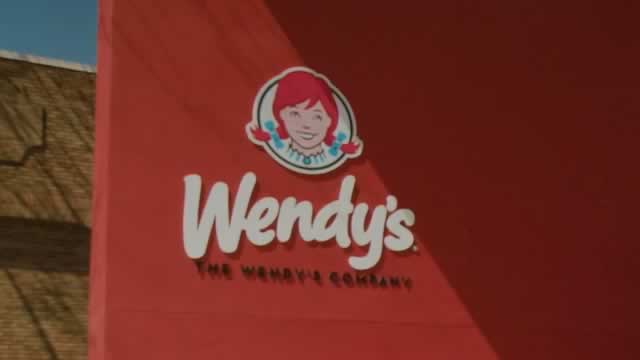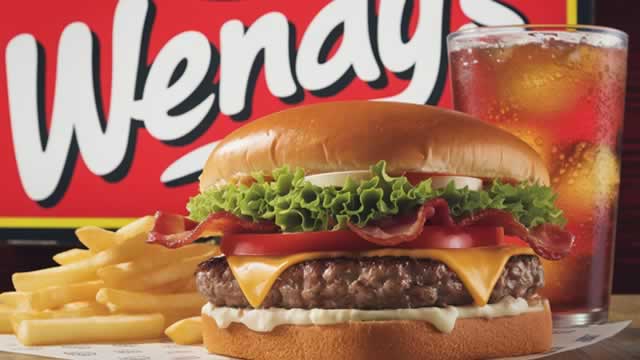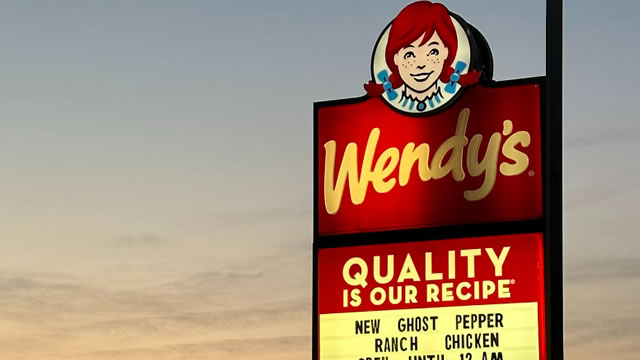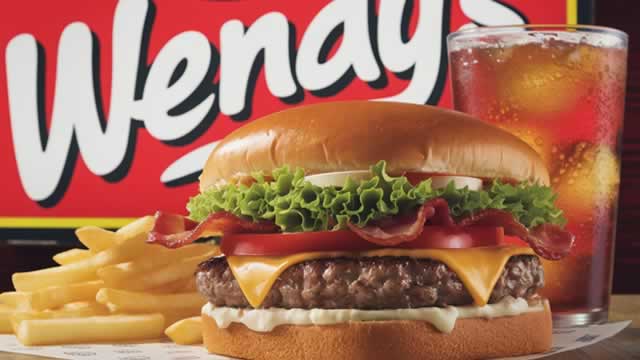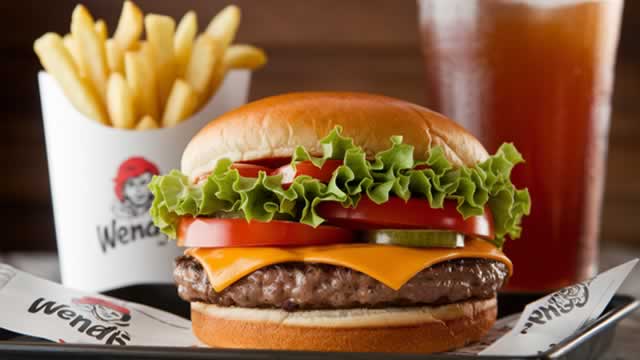
WEN
The Wendy’s Company
$7.24
-0.27
(-3.6%)
| Exchange: | |
| Market Cap: | 1.378B |
| Shares Outstanding: | 16.8M |
About The Company
| Sector: | Consumer Cyclical | |||||
| Industry: | Restaurants | |||||
| CEO: | Kenneth Cook | |||||
| Full Time Employees: | 4833 | |||||
| Address: |
|
|||||
| Website: | https://www.wendys.com |
The Wendy’s Company, together with its subsidiaries, operates as a quick-service restaurant company. It operates through three segments: Wendy’s U.S., Wendy’s International, and Global Real Estate & Development. The company is involved in operating, developing, and franchising a system of quick-service restaurants specializing in hamburger sandwiches. As of January 2, 2022, it operated approximately 403 company-operated restaurants; 5,535 franchised restaurants in the United States; and 1,006 franchised restaurants internationally. The company also owns and leases real estate properties. It owns 485 and leases 1,235 properties, which are leased or subleased to franchisees. The company was formerly known as Wendy’s/Arby’s Group, Inc. and changed its name to The Wendy’s Company in July 2011. The Wendy’s Company was founded in 1969 and is headquartered in Dublin, Ohio.
Click to read more…
Revenue Segmentation
EPS
Earnings Call
Income Statement
(* All numbers are in thousands)
Balance Sheet
(* All numbers are in thousands)
Cash Flow Statement
(* All numbers are in thousands)
Analyst Estimates
(* All numbers are in thousands)

